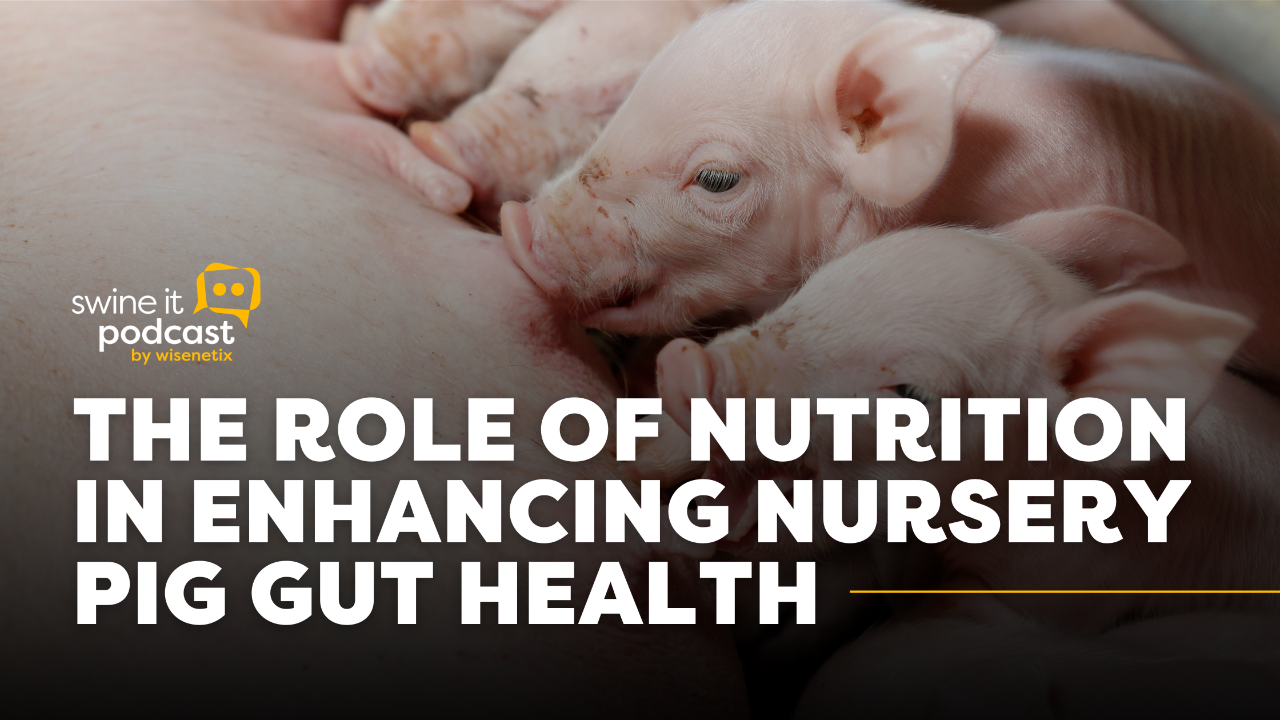The Role of Nutrition in Enhancing Nursery Pig Gut Health
Nov 17, 2023
After birth, young nursery pigs undergo a crucial period of development. The gastrointestinal (GI) tract of a piglet does not fully develop until a few weeks post-weaning. During this time, diet and nutrition play an essential role in ensuring the health and survival of these young animals. The main focus of this research has been how to improve the gut health of these pigs through specific dietary manipulations.
Maintaining a Healthy Gut pH
A healthy pH balance is critical for the gut health of nursery pigs. In an underdeveloped GI tract, the production of hydrochloric acid is limited, which can cause an unhealthy rise in stomach pH levels. Prolonged instances of high pH levels can impair nutrient utilization and allow harmful organisms to affect the nursery pig.
Based on research that has been conducted, a stomach pH above 4 can lower protein utilization and enable the growth of pathogenic organisms. An important part of this research is determining how to maintain a balance that will keep the gastric pH below this level.
Acid Binding Capacity of Diets
The acid binding capacity (ABC) of nursery pig diets is a topic of great interest. The ABC is quantified in the lab by measuring how much acid is required to reach a stable pH of 4 in a given ingredient sample. The target is to achieve a diet with a low ABC, which is suggested to improve health and growth performance.
Ingredient Considerations
The right ingredient selection is key to maintaining a low ABC. Specialty ingredients, like soy protein sources, lactose sources, and certain minerals, have proven to be beneficial in acidifying the gut. Additionally, acidifiers have been instrumental in maintaining a low stomach pH.
Acidifiers and their Role
It is important to note that not all acidifiers are equal, and the choice of acidifier can significantly impact the ABC of a diet. A right balance needs to be struck to ensure the acidifier lowers the ABC to a significant level without adversely impacting the pigs' feed intake.
Getting the Balance Right
Although the concept of acidifying the gut has been introduced previously, the next challenge is to determine the optimal ABC level and the level at which we can increase the ABC without adverse effects. The goal is to have the pigs transition to traditional diets as they mature naturally.
Future Focus
Research continues to learn more about how the ABC of a nursery pig diet influences their health, considering variables such as weaning age, health status, and genetic factors. There is also a need to understand whether combining low ABC diets with zinc oxide (used in pig nutrition to prevent disease) could provide additive benefits to young pigs.
The continuous investigation into maintaining the health and well-being of nursery pigs through a balanced diet that prioritizes gut health is of paramount importance. After all, these young pigs are the future of the pork industry.

